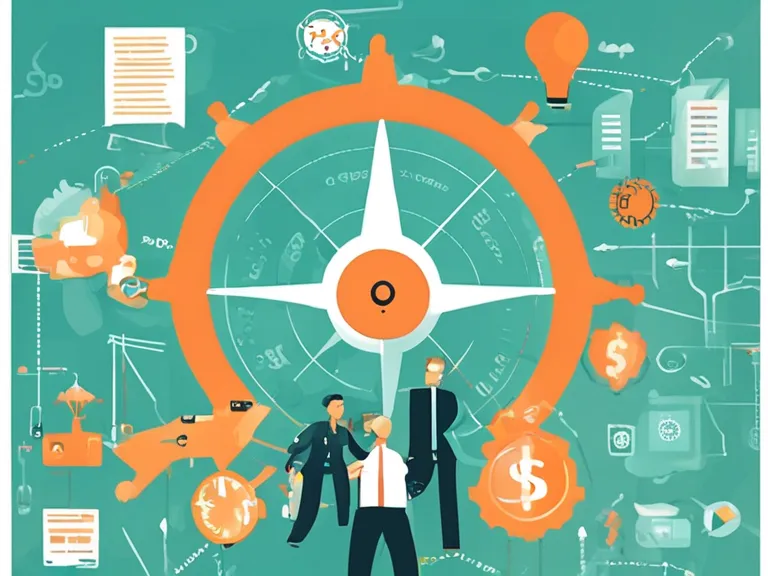
In today's fast-paced global economy, disruptive innovations are reshaping traditional industries as startups introduce new ideas, technologies, and business models. These disruptors are not only challenging established players but also creating opportunities for growth and development. This article discusses how startups are changing traditional industries through disruptive innovations.
Disruptive Innovations: How Startups are Changing Traditional Industries
Startups are known for their agility, creativity, and willingness to take risks. These qualities give them a competitive edge when it comes to disrupting traditional industries with innovative solutions. By identifying gaps in the market and leveraging technology, startups are able to offer products and services that meet the changing needs of consumers.
One of the key ways startups are disrupting traditional industries is by introducing new technologies that streamline processes and improve efficiency. For example, fintech startups are revolutionizing the banking and financial services industry by offering online payments, peer-to-peer lending, and robo-advisors. These technologies are not only convenient for consumers but also cost-effective for businesses.
Another way startups are disrupting traditional industries is by challenging the status quo and redefining industry norms. For instance, e-commerce startups have transformed the retail sector by offering personalized shopping experiences, fast delivery, and easy returns. This has forced traditional retailers to adapt or risk being left behind.
Startups are also changing traditional industries by focusing on sustainability and social responsibility. Companies in the food, fashion, and transportation industries are embracing eco-friendly practices to reduce their carbon footprint and appeal to environmentally-conscious consumers. This shift towards sustainability is not only good for the planet but also for business as consumers increasingly prefer brands that align with their values.
In conclusion, startups are playing a significant role in disrupting traditional industries through innovative solutions, technologies, and business models. By challenging established players, redefining industry norms, and focusing on sustainability, startups are creating a more dynamic and competitive business landscape.

